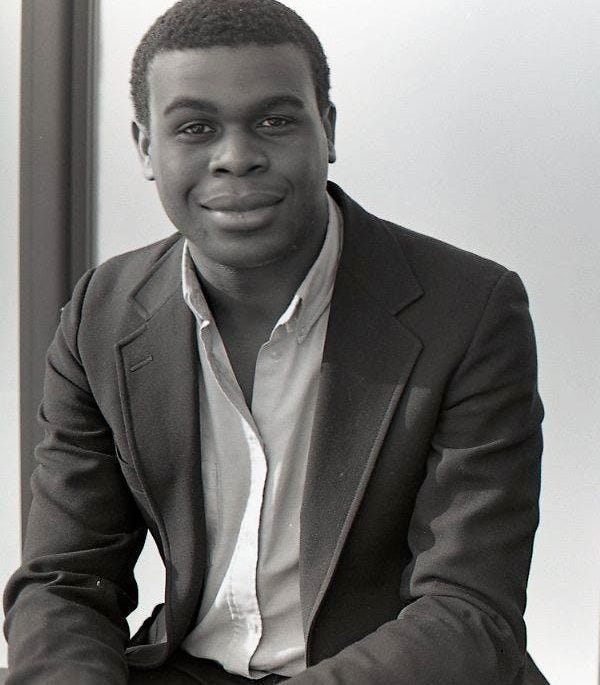Do you want your healthcare from Spotify?
Journalist Osita Nwanevu on the raging battle between what's good for big tech and what's good for the common good
Is there no problem the market can’t solve?
Tech company founders would have you believe the really big questions can’t be left to the politicians: only they can colonize Mars, fix healthcare, and rescue pretty much any struggling industry. And if they can’t do it, their A.I. — given enough funding, of course — will eventually figure it out down the line.
For the journalist Osita Nwanevu, such hubris — and the willingness of many to believe in it — is rooted in deep-seated failures of our economic, cultural, and political systems. These systems have devalued labor, constrained what’s achievable through electoral politics, and have failed to deliver even on the capitalist promise of better goods at cheaper prices.
Nwanevu suggests that any real solution must come from the left — the only constituency, he posits, with the potential to challenge and eventually transform the Democratic Party, learning lessons not just from its own missteps but from the way far-right activists have been able to influence and ultimately direct the Republican Party.
We spoke with Nwanevu about how Amazon, Spotify, and other tech firms have been able to work against labor by taking advantage of Americans’ predominant self-identification as consumers, not workers, about how Elon Musk’s Mars and A.I. ventures have built on a popular understanding of progress and the future that owes more to science fiction than scientific understanding, and what it will take to get the Democratic Party to face the reckoning it must to build a coalition capable of meeting the challenges of the future.
A request for those who haven’t yet joined us: The interviews and essays that we share here take research and editing and much more. We work hard, and we are eager to bring on more writers, more voices. But we need your help to keep this going. Join us today to support the kind of independent media you want to exist.
Following Spotify boss Daniel Ek’s announcement that he wanted to move into healthcare, you posted a question: "Is that a threat?" And I want to ask you to expand on that a little bit, and to get your sense of where we stand as a society with regard to tech billionaires and the way they’ve captured our culture and institutions and politics.
Well, as far as tech is concerned specifically, I'm 30 years old. So I feel like I'm always speaking from a kind of secondhand perspective on some of these things. My understanding is that in the late 1990s and early 2000s, Silicon Valley made two big promises: One, they're going to deliver us a lot of new conveniences. And two, they're going to unlock a world of creativity. I think they've certainly delivered on that first promise in many ways, like the way that you and I are talking right now.
Spotify — from a convenience standpoint — is an unfathomable thing. The entire history of recorded music is available to you with the press of a button. I think it's changed a lot of lives. If you're somebody who likes music, streaming has certainly changed your life. I think it has mine.
But what people are coming to understand now is that those conveniences have come at a real cost. It's not just the obvious cost of environmental destruction. I think those conveniences have come at the cost of the art's creativity. And for the very same reasons that those conveniences in basically every field have come to us in a way that actually devalues labor and flattens labor and pressures labor in ways that I think we all have to be kind of appalled by. I was reading about this streaming fraud indictment that was just handed down.
This guy found out how to exploit the platform and made millions of dollars. But that just speaks, conceptually, to how we have access to this great library, this great history of music, but also a lot of dreck. In fact, dreck probably constitutes most of what you're accessing.
So for that to happen in music is one thing, and it has serious implications for people who work in music, where the entire middle class of professional musicians has been cleaned out by the shift to streaming — but in other sectors of the economy, from healthcare to space travel, has much more disturbing implications.





